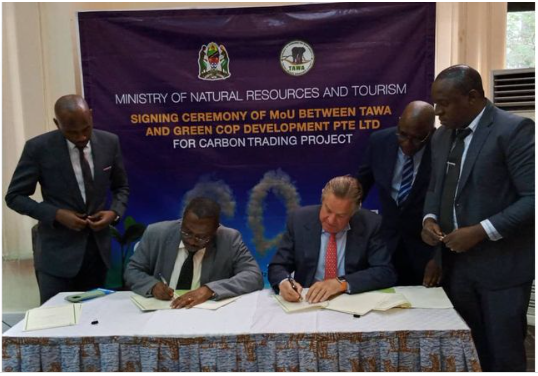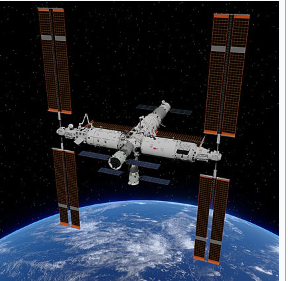Morning breaks in the village Durmon, a quiet hamlet in the Bukhara region of southern Uzbekistan. There is no bustle of a big city. The only sounds are of chirping of birds and the humming of peaceful nature. This is the setting for an ordinary day in the life of Gulhayo Khaydarova, a 35-year-old native […]








